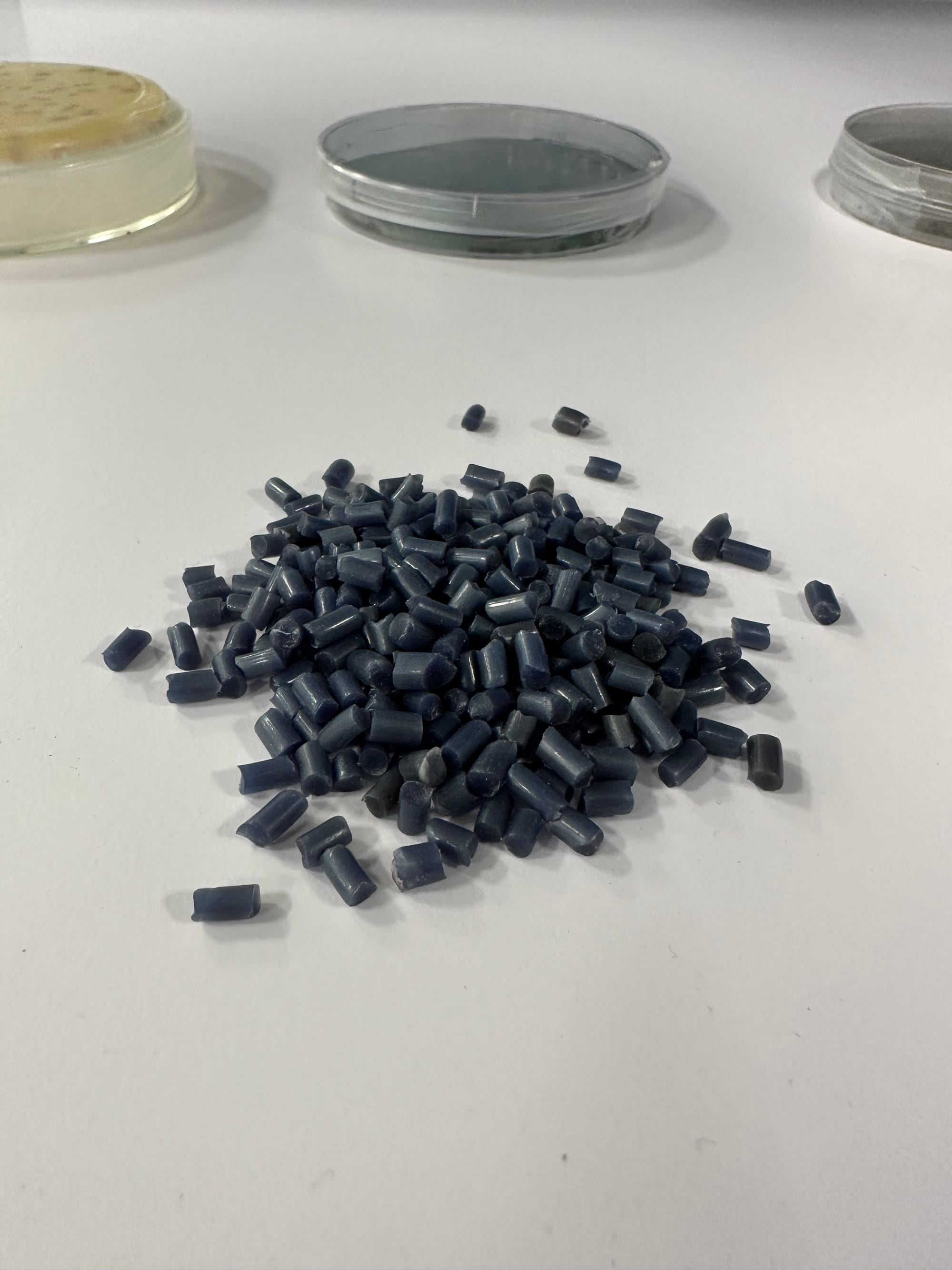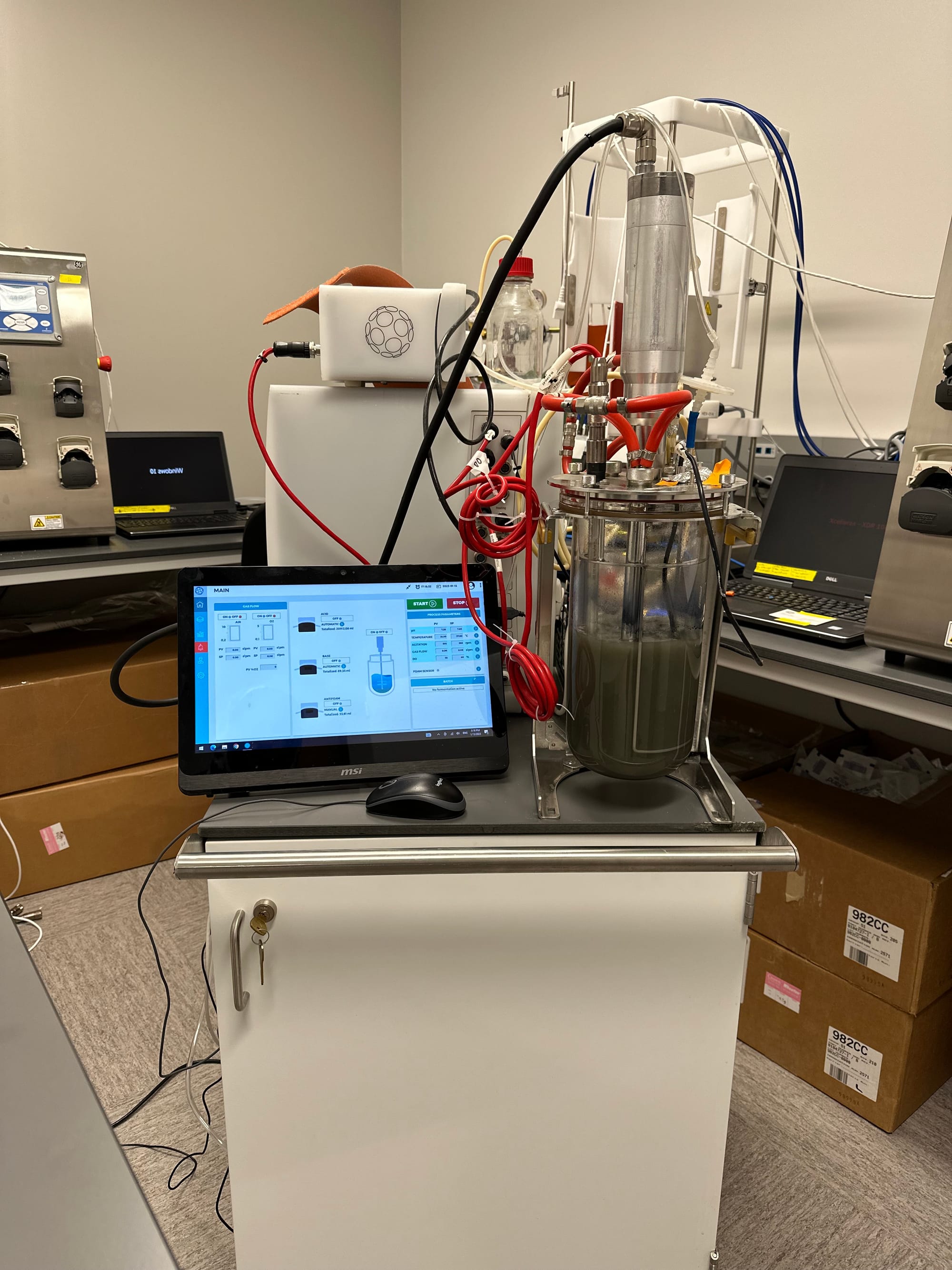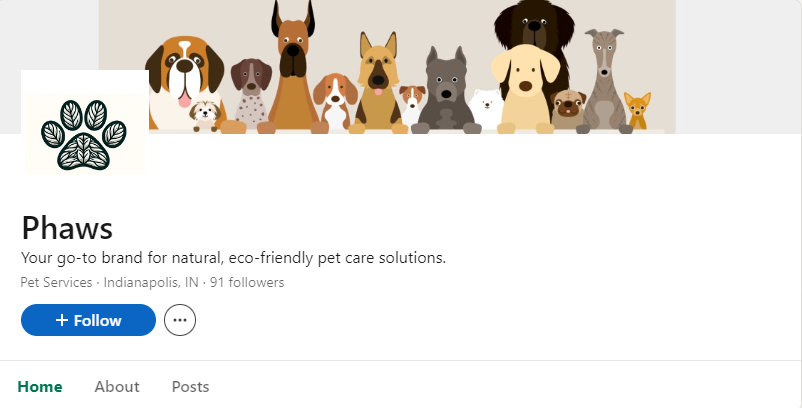Our society has gotten used to extracting raw materials from nature, turning them into products, and then discarding them as waste. According to the UNDP, only 7.2% of used materials are cycled back into our economy after use.
This production model is detrimental to our planet.
However, some innovative companies, like Ourobio, are developing alternative technologies to transform this harmful production pattern. Ourobio, for example, is a biomaterials and circular economy company that develops engineered microorganisms to turn industrial byproducts into useful biomaterials.
Ourobio is Catalyzing the “Circular Bioeconomy”

It all started in early 2019 with an academic research project called “Transfoam” at the University of Virginia. Founded by Alec Brewer and Kobe Rogers, Ourobio was established one year later to prevent ocean pollution and promote the biodegradable plastics industry.
With an ambitious mission to accelerate decarbonization and support the circular economy, Ourobio developed a bio-based technology that transforms industrial waste into biodegradable plastics. Besides repurposing industrial waste to create biomaterials, the startup aims to replace toxic materials that are difficult to recycle and end up polluting the environment.

Ourobio’s mission is reflected in the company’s name, inspired by the Ouroboros. This ancient symbol represents the cyclical nature of life and it’s often depicted as a dragon eating its own tail — a symbol that mirrors the closed-loop system the company aims to promote in our economy.
Ourobio’s Technology to Turn Waste into Biomaterials
Most industries generate by-products and waste during their production processes. Ourobio noticed this market opportunity and decided to collaborate with companies to turn their byproducts into key materials for their supply chain. With its bio-based technology, the startup assists companies in integrating circular economy principles into their practices.

We are using fermentation to create low-footprint, high-performance biodegradable plastic resins and additives, starting with pigments.~ Ourobio
What sets this technology apart is its ability to convert waste-based feedstocks into bio-based, biodegradable products in a single fermentation process
Our process is distinct in its ability to co-produce PHAs and pigments in a single fermentation process. ~ Ourobio
Unlike other bio-based plastics in the market, Ourobio’s products not only biodegrade in the soil, but they can also decompose in the ocean.
Engineered Microorganisms Promoting the Circular Economy
Although petrochemical products have been used for decades, they contribute to climate change, health problems, and pollution. Thanks to its engineered microorganisms, Ourobio can transform industrial byproducts and waste into healthy and eco-friendly petrochemical alternatives.
Ourobio’s proof of concept uses byproducts from the dairy industry to produce eco-friendly plastic resins and pigments. And to make things better, Ourobio’s innovative process can reduce the energy cost, water consumption, and carbon emissions associated with producing fully biodegradable products.
Altogether, our approach improves the economic viability of industrial biomanufacturing, offering cheese and yogurt manufacturers a more sustainable method of waste management; creating safe, low-footprint alternatives to synthetic plastics and pigments; consolidating the supply chainto offer additional energy-cost and water-use savings compared to traditionally-dyed plastics;and helping plastic converters and brands better appeal to their customers while meeting
circularity/sustainability goals. ~ Ourobio
With this circular economy solution, companies would be able to reduce waste, use resources efficiently, and create biodegradable alternatives.
In 2022, the startup received funds from the Environmental Protection Agency as part of the EPA’s Small Business Innovation Research (SBIR) program to further develop its technology. Now, Ourobio is committed to using waste whey as feedstock to produce biodegradable pigments and a biodegradable polymer at the same time.
Plus, as they look to expand their eco-friendly initiatives, Ourobio has recently launched a dog toy brand named Phaws, which features toys crafted from PHA

Phaws
After more than a year of development, we are excited to announce the launch of Phaws - our sustainable pet care brand aimed at stopping our furry friends from eating plastic. The brand's creation is centered around the creation of a tough, PHA-based treat-dispensing dog toy, which is the inspiration for its punny name. 🐶 🐾
Final Thoughts
One common issue with conventional biomaterials is their tendency to divert land away from food production. And if that’s not enough, many of these biomaterials cannot fully biodegrade in the environment.
Despite these challenges, the startup Ourobio has successfully developed fully bio-based biodegradable materials that do not compete with food crops for land. Better yet, the startup stands out for its ability to repurpose industrial waste and create sustainable alternatives to petrochemicals, positioning itself as a valuable ally in advancing the circular economy.
Learn More About Ourobio:
1210 Waterway Blvd Suite 2000
Indianapolis, Indiana 46202



